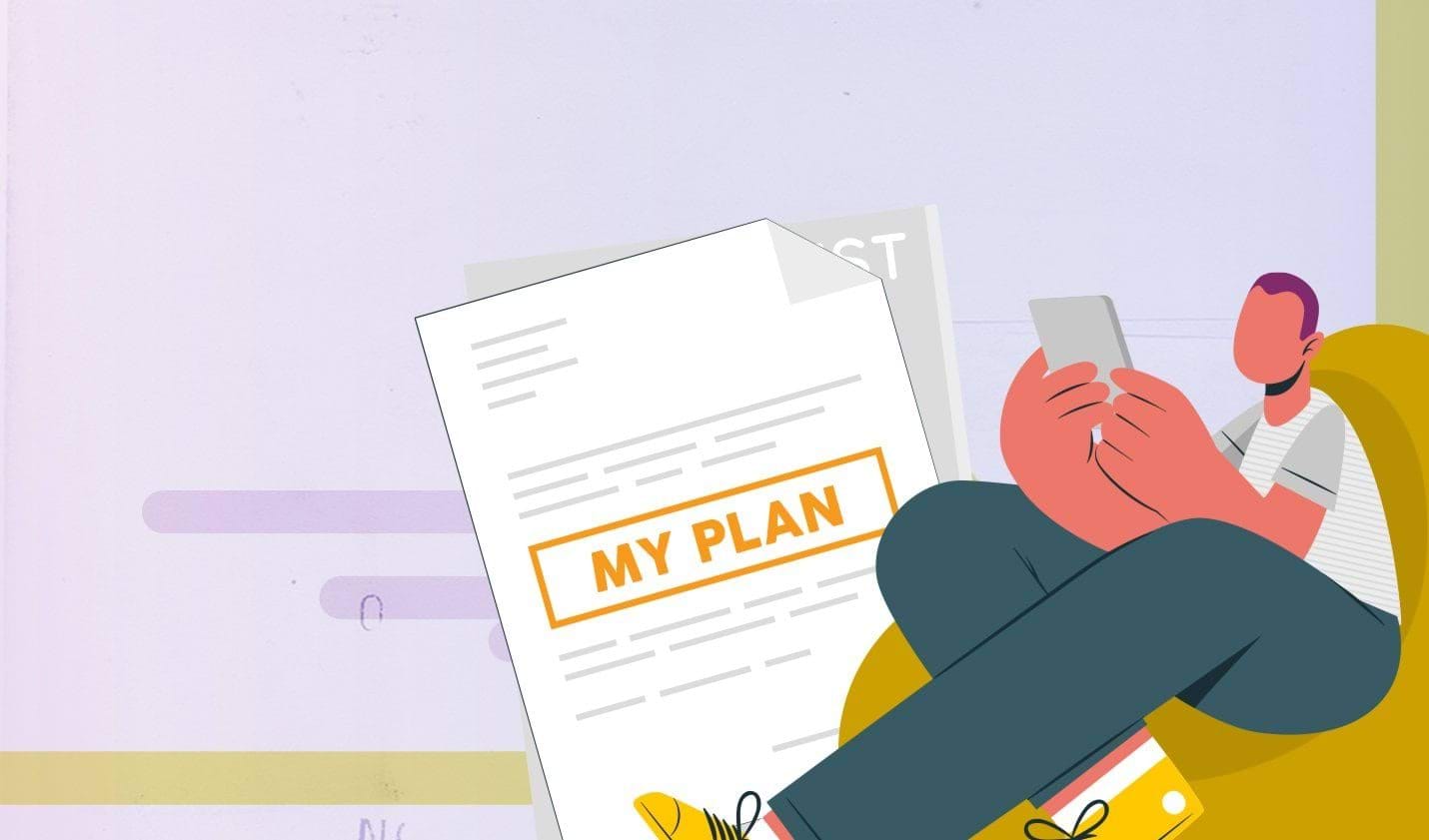You may feel unsafe while you are receiving compulsory mental health treatment. It is important to know that you have the right to speak up and feel safe.
Watch our video
Do I have a right to feel safe?
Yes. Under the law you have the right to:
- have your individual needs (including your culture, language, communication needs, age, disability, religion, gender, sexuality) respected and responded to
- Receive the least restrictive assessment and treatment possible.
What does safety mean to you?
People have different things they need to feel safe. These can include:
- physical safety
- emotional safety
- cultural safety
- sexual safety
- spiritual safety
- financial safety.
What about human rights?
Services must comply with the Charter of Human Rights and Responsibilities Act 2006 when treating you. These rights include the right to:
- liberty and security
- equality before the law
- not be treated in a cruel, inhuman or degrading way
- have your humanity and inherent dignity respected, even where your liberties are restricted.
What is causing me to feel unsafe?
Safety issues may be caused by:
- the behaviour of others towards you
- concerns, such as about your treatment, that are not being addressed
- the layout or hospital environment.
What actions can I take?
If you feel unsafe, you may want to:
- letting a trusted person know – you may want to tell a family member, friend or peer, staff member, nominated support person, advocate or other person about your concerns
- know your rights – if you feel like you have no power to make decisions about your safety, learning about your rights can allow you to have more say in what happens to you
- use strategies that have worked in the past – you may have had similar experiences in the past, and know what you need to feel safe
- communicate your needs – you may want to talk to the mental health service staff about what is causing you to feel unsafe, and what you want them to do to help.
If these strategies don’t help you can contact IMHA, a support service or legal organisation.
Who can help?
Sometimes you may want help. IMHA can assist by providing information and advocacy about your rights. Other services that may help are:
Mental Health and Wellbeing Commission (MHWC)
The MHWC deals with complaints about mental health services. Visit the I want to make a complaint about my mental health service page for more information.
Phone – 1800 246 054
Website – www.mhwc.vic.gov.au
Office of the Chief Psychiatrist (OCP)
The OCP provides clinical guidance to mental health services, and has specific guidelines on treatment plans, family violence and sexual safety. You can ask the OCP or the mental health service for copies of these guidelines.
Phone – (03) 9096 7571
Website – www.health.vic.gov.au/chief-psychiatrist
Legal services
The Mental Health Legal Rights Service (1800 849 806) or the Victorian Aboriginal Legal Service (03 9418 5920) can provide legal advice about how the law relates to mental health.
1800RESPECT
1800RESPECT is a national sexual assault, domestic family violence counselling service.
Phone – 1800 737 732
Website – www.1800respect.org.au
Emergency services
In an emergency you should call 000.
Download this fact sheet
This fact sheet is available in IMHA design or First Nations design.
Get help from IMHA
If you are on a compulsory treatment order, our advocates can support you to have your say about your assessment, treatment and recovery. Learn how to get help from IMHA.
Updated

